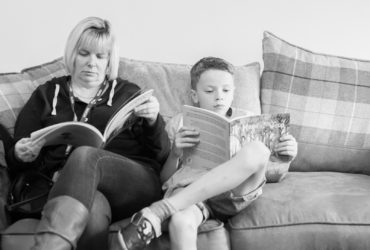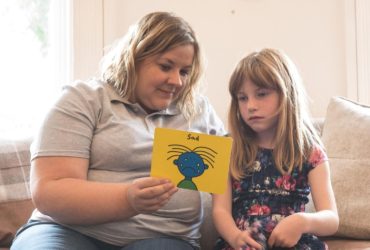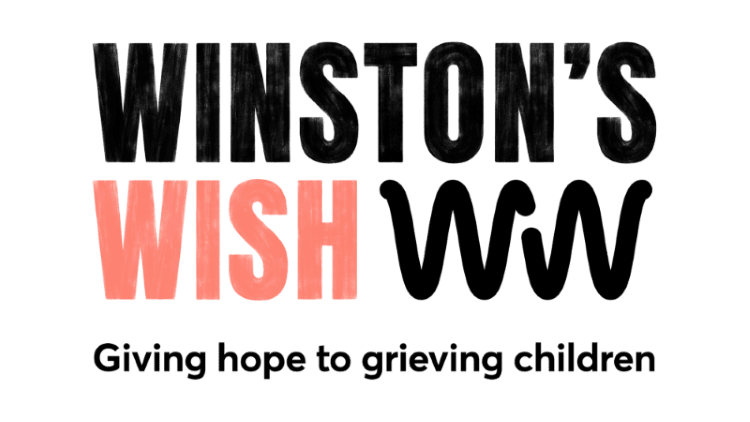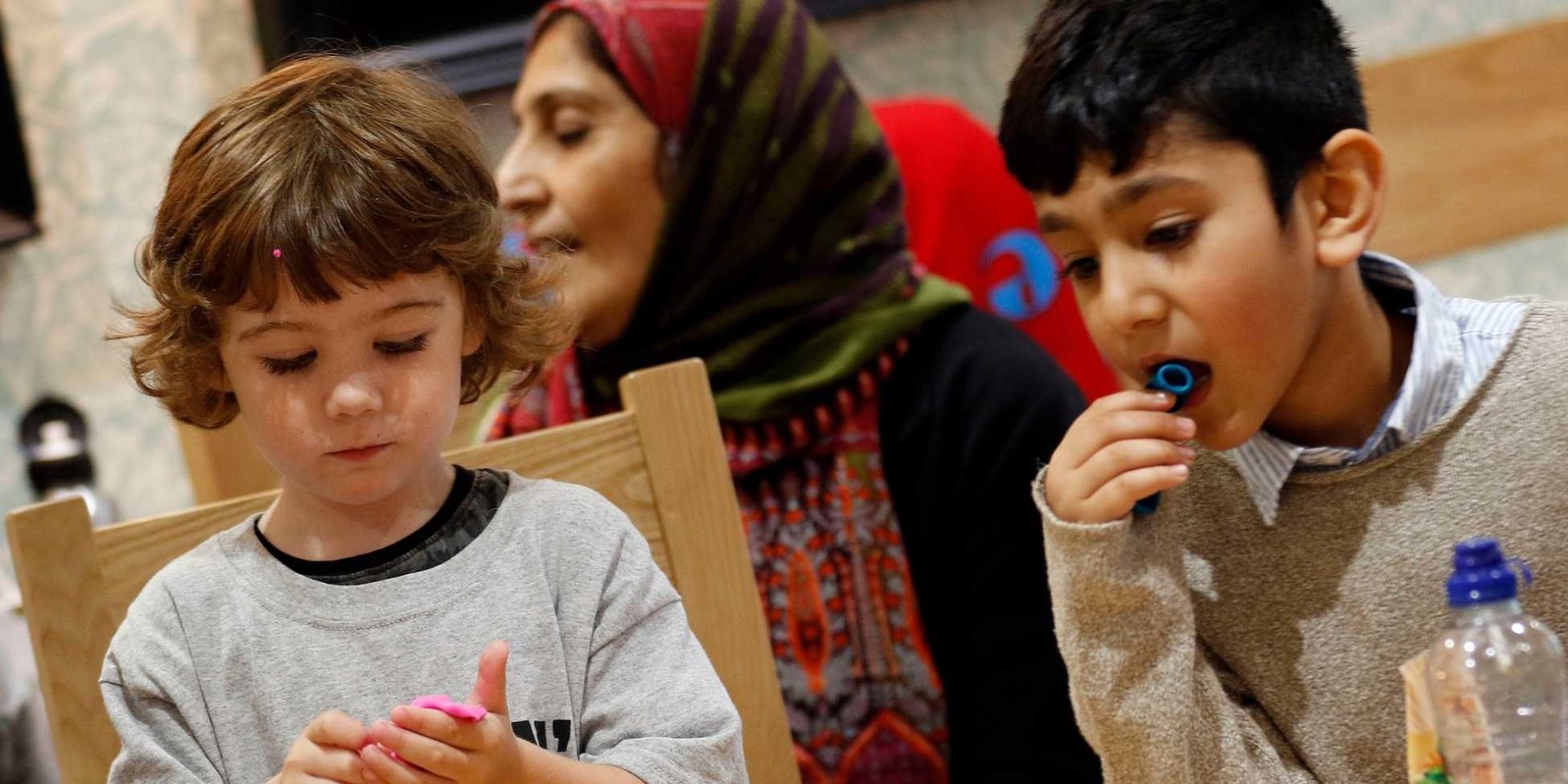When someone in your life dies, feelings of grief can be overwhelming. These feelings may be even more difficult to handle if the death is traumatic, sudden or violent. There are many types of traumatic death – it could be through an accident, illness, terrorism, murder, manslaughter or suicide.
Is grief after a traumatic death different?
While some of the feelings associated with traumatic death may be similar, everyone is unique and may experience things differently to that of another family member. The way the person died may also play a part in the way someone feels and behaves. Each person will have their own unique experience of grief.
When the death of someone in your life is traumatic or sudden, it can be difficult to take in and to make sense of what has happened. You may feel a sense of disbelief or numbness. This can be especially difficult for children, particularly if they do not know or understand the circumstances of the person’s death.
Some people experience feelings of guilt, irritability or anger, others may have difficulty concentrating. When a child experiences a bereavement, particularly if this is a traumatic loss, they may have fears about their own safety or the safety of other important people in their lives. It helps to reassure children that they are safe and cared for.
How might children and young people react after a traumatic death?
Adults and children can experience symptoms of trauma after the death of a loved one. These can include: nightmares, flashbacks, trouble sleeping and physical symptoms like stomach aches and headaches. Trauma symptoms can feel frightening and leave people confused and feeling out of control.
Symptoms of trauma can be triggered by places, people, sights, smells or sounds which are linked to the person who died, or the way that they died. For example the sound of screeching breaks may trigger flashbacks for a child whose parent died in a car accident.
For some people, it can be hard to think about memories of the person who has died, even happy memories can lead to intrusive or upsetting thoughts or images of the way that the person died. These upsetting images may occur repeatedly and lead to an avoidance of thinking about the person.
When we work with families and we think about memories we try to help them think about the ‘whole person’; remembering who that person was, not just the way they died.
How to help children after a traumatic death
Children need help from the adults in their lives to make sense of their experiences. When a family faces traumatic grief it may feel completely overwhelming and impossible to make sense of.
1. Give factual information
Giving children factual information so they can put together in their own minds what has happened is important. Doing this in an open and clear way enables the child to ask questions and the adults to give answers, this can help to clear up misunderstandings.
2. Listen
If you are an adult supporting a grieving child, it can be hard to know what to say or do. Just being there and available to listen is so important. Children may have lots of questions which you can’t answer, but it can still be helpful for the child to ask them anyway. Just as adults may feel the need to have information about what happened; when, where and why, so can young people and that is why it is important to listen to what a young person is asking and answer as openly and honestly as you feel able to.
3. Talk about it
We can naturally worry that by talking about tragic events we can trigger fears or make people feel worse. However, we have learnt that ‘not talking about’ something as important as people dying or the way they died is more likely to have the effect of increasing anxiety and confusion. There are two main reasons for this:
- Children may make up, or have heard, more frightening inaccurate stories about what has happened and/or will happen in the future.
- Not talking about an important event gives the implicit message that this is something we cannot manage.
Where to get support
If you need advice on supporting a child or young person after a sudden, violent or traumatic death, we are here to help. You can call our Helpline team on 08088 020 021 (8am-8pm, weekdays), email us on ask@winstonswish.org or use our live chat (8am-8pm, weekdays).
Our Winston’s Wish Crisis Messenger is available 24/7 for urgent support in a crisis. Text WW to 85258.
Other articles you might find helpful

Publications and resources
Our specialist books include ones on supporting children and young people after a death through suicide, homicide and in the military.

Information and advice
Advice and resources to support children and young people, including on bereavement by suicide, homicide and serious illness.


